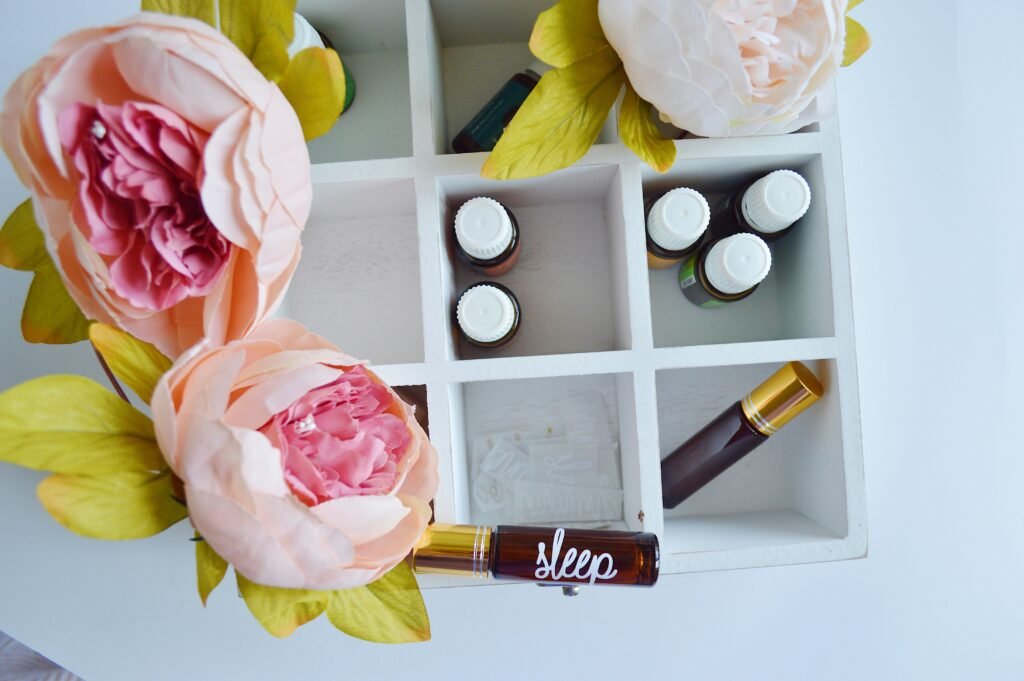If you’re one of the many people who deal with the discomfort of sensitive teeth, you know how challenging it can be to enjoy your favorite foods and beverages without pain. Luckily, there are simple yet essential tips you can follow to maintain a pain-free smile. From using a desensitizing toothpaste to avoiding acidic foods, this article will provide you with practical advice and guidance to help you care for your sensitive teeth and enjoy a pain-free smile.

This image is property of images.unsplash.com.
Brushing Techniques
Maintaining good brushing techniques is essential for protecting and preserving the health of your teeth, particularly if you have sensitive teeth. One of the first steps is to use a soft-bristled toothbrush. This type of toothbrush is more gentle on your teeth and gums, minimizing the risk of irritation.
As you brush your teeth, it’s important to remember to brush gently and in circular motions. This technique helps to effectively clean your teeth while avoiding unnecessary pressure on your sensitive teeth and gums. By brushing gently and in circular motions, you can ensure thorough cleaning without causing discomfort.
It’s also important to avoid brushing your teeth immediately after consuming acidic foods or drinks. Acidic substances can weaken the enamel on your teeth, and brushing immediately after can further damage this protective layer. Instead, wait for about 30 minutes after eating or drinking acidic substances before brushing your teeth to allow your saliva to naturally neutralize the acid.
Toothpaste for Sensitive Teeth
Choosing the right toothpaste is crucial when you have sensitive teeth. Look for toothpaste specifically formulated for sensitive teeth, as these are designed to provide extra protection and relief for your sensitive tooth nerves. These toothpastes often contain ingredients such as potassium nitrate or stannous fluoride, which help to desensitize your teeth and reduce sensitivity.
When shopping for toothpaste, make sure to read the label and look for these desensitizing ingredients. They can make a significant difference in reducing tooth sensitivity and improving your overall oral health. By consistently using toothpaste for sensitive teeth, you can gradually alleviate sensitivity and enjoy a pain-free smile.
Flossing
While brushing is important, it’s equally vital to incorporate flossing into your oral hygiene routine, especially if you have sensitive teeth. Flossing helps to remove plaque and food particles from between your teeth, preventing gum irritation and tooth sensitivity.
When flossing, use a gentle technique to avoid causing discomfort or bleeding in your gums. Consider using waxed floss or floss picks, as these can be gentler on your teeth and gums and cause less irritation. By flossing regularly, you can effectively remove debris and maintain optimal oral health, reducing the risk of tooth sensitivity.
Mouthwash
Adding mouthwash to your daily oral care routine can provide additional protection for your sensitive teeth. When selecting a mouthwash, choose one without alcohol to minimize any potential irritation or discomfort. Alcohol-based mouthwashes can cause dryness and further sensitivity.
Look for mouthwashes that contain beneficial ingredients like fluoride, which helps to strengthen the enamel on your teeth. Strengthening the enamel can reduce tooth sensitivity and protect against further damage. To maximize the benefits of mouthwash, use it after brushing and flossing to maintain a clean and healthy mouth.

This image is property of images.unsplash.com.
Avoid Trigger Foods and Drinks
When dealing with sensitive teeth, it’s important to be mindful of the foods and drinks you consume. Limit your consumption of acidic foods and drinks such as citrus fruits, tomatoes, and sodas, as these can erode the enamel and exacerbate tooth sensitivity. Opt for alternatives or consume them in moderation to minimize the impact on your teeth.
In addition to acidic substances, be cautious with very hot or very cold foods and drinks. Extreme temperatures can trigger sensitivity and cause discomfort. If you enjoy hot or cold foods, try allowing them to cool down or warm up slightly before consuming to reduce the impact on your sensitive teeth.
Sugary foods and drinks can also contribute to tooth sensitivity by promoting tooth decay and cavities. Be mindful of your sugar intake and limit snacking between meals. Opt for healthier options and maintain a balanced diet rich in fruits and vegetables to support optimal oral health and reduce tooth sensitivity.
Protective Measures
Protecting your teeth from further damage and sensitivity is crucial for maintaining a pain-free smile. If you have a habit of grinding or clenching your teeth, consider using a mouthguard. A mouthguard acts as a cushion and prevents your teeth from rubbing against each other, reducing the risk of tooth sensitivity and damage.
If you participate in contact sports, wearing a mouthguard is essential to protect your teeth from injury. It acts as a barrier and absorbs the impact, reducing the chances of tooth fractures or sensitivity caused by trauma.
Additionally, consult your dentist about dental sealants. Dental sealants are a thin protective coating applied to the chewing surfaces of your teeth, creating a barrier against bacteria and acids that can cause sensitivity and decay. Your dentist can assess your specific needs and determine if dental sealants are appropriate for you.

This image is property of images.unsplash.com.
Regular Dental Check-Ups
Visiting your dentist regularly is essential, especially if you have sensitive teeth. Regular check-ups and professional cleanings allow your dentist to monitor the health of your teeth and address any concerns you may have, including tooth sensitivity.
During your dental check-ups, discuss your tooth sensitivity concerns with your dentist. They can provide professional advice, recommendations, and treatments to address your specific needs. Professional treatments, such as fluoride varnish or desensitizing treatments, can provide immediate relief and long-term benefits for your sensitive teeth.
Proper Teeth Whitening
If you’re considering teeth whitening, it’s important to consult with your dentist before attempting any whitening procedures, especially if you have sensitive teeth. Over-the-counter whitening products can potentially increase tooth sensitivity and worsen your condition.
Professional teeth whitening options are available and can minimize the risks of sensitivity. Your dentist will assess your teeth and recommend appropriate whitening treatments that suit your needs and minimize any potential discomfort. By following the guidance of your dentist, you can achieve a whiter smile without compromising your oral health.
Healthy Diet for Strong Teeth
Maintaining a healthy diet is not only beneficial for your overall well-being but also for the strength and health of your teeth. Including calcium-rich foods in your diet, such as dairy products, leafy greens, and almonds, helps to strengthen your teeth and minimize sensitivity. Calcium plays a vital role in maintaining strong enamel and supporting oral health.
In addition to calcium, a well-balanced diet that includes plenty of fruits and vegetables contributes to optimal oral health by providing essential nutrients and vitamins. Avoid excessive snacking and sugary foods that can lead to tooth decay and sensitivity. Consuming a diet rich in fiber and nutrients helps to maintain healthy gums, strong teeth, and a pain-free smile.
Avoiding Harmful Habits
Certain habits can contribute to tooth sensitivity or worsen existing sensitivity. If you smoke or use tobacco products, it’s important to quit. Smoking not only stains your teeth but also damages your gums and increases the risk of tooth decay. By quitting smoking, you can improve your oral health and reduce tooth sensitivity.
Excessive teeth grinding or jaw clenching, known as bruxism, can also lead to tooth sensitivity. These habits put excessive pressure on your teeth and may cause enamel wear or cracks. If you notice signs of teeth grinding, such as unexplained headaches or jaw pain, consult your dentist. They can provide you with a custom-fit mouthguard to protect your teeth and alleviate sensitivity.
Lastly, be cautious with harsh teeth whitening practices. Some DIY whitening methods can be abrasive and cause enamel erosion, leading to increased tooth sensitivity. It’s best to consult with your dentist and follow their recommendations for safe and effective teeth whitening techniques. By avoiding harmful habits and adopting a mindful approach to your oral health, you can maintain a pain-free smile and enjoy optimal dental well-being.
